Artificial Intelligence (AI) has now become the core platform driving innovation in all fields, from education , business, healthcare to content creation and software development... The arrival of AI and related applications is making competition in the job market increasingly fierce. AI is opening up many new opportunities but along with that are countless challenges, forcing workers to pay attention and regularly update AI software.
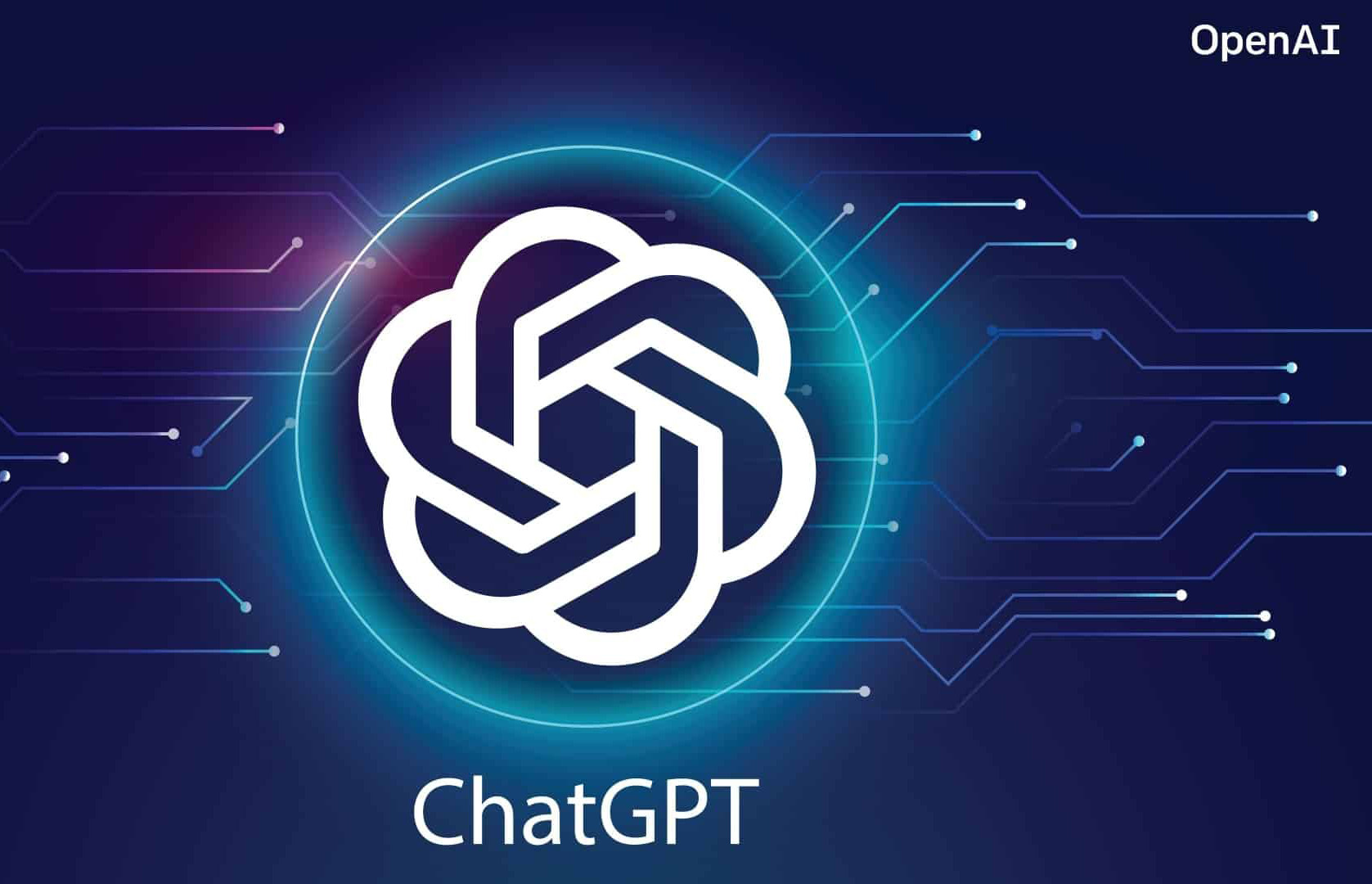
1. ChatGPT (OpenAI)
ChatGPT, developed by OpenAI, is the leading AI chatbot with natural conversation, question answering, coding assistance, and content creation capabilities. As of December 2024, ChatGPT has over 180 million users and a market share of 4.33%.
ChatGPT's advantage lies in its superior natural language processing capabilities, supporting a variety of tasks from writing emails, composing advertisements, to solving math problems. It can also integrate DALL-E (AI image generation tool) that allows creating images from text.
With a friendly, easy-to-use interface and a free option, ChatGPT is known as one of the leading AI chatbots today.
However, ChatGPT also has its drawbacks such as sometimes giving inaccurate answers to technical questions or relying on old data; the free version has limited features compared to the paid version (ChatGPT Plus). But anyway, it is still very suitable for individuals (learning, content creation) and businesses (customer service automation, marketing content creation).
ChatGPT still leads due to its popularity and flexibility, but competition from rivals like DeepSeek R1 (open source, low cost) is increasing.
2. DeepSeek R1 (DeepSeek)
DeepSeek - one of the most advanced AI search engines today, is a Chinese open-source AI model, launched in January 2025, which stands out for its superior performance compared to ChatGPT-o1 in analysis and coding. It attracted 268 million website visits in January 2025.
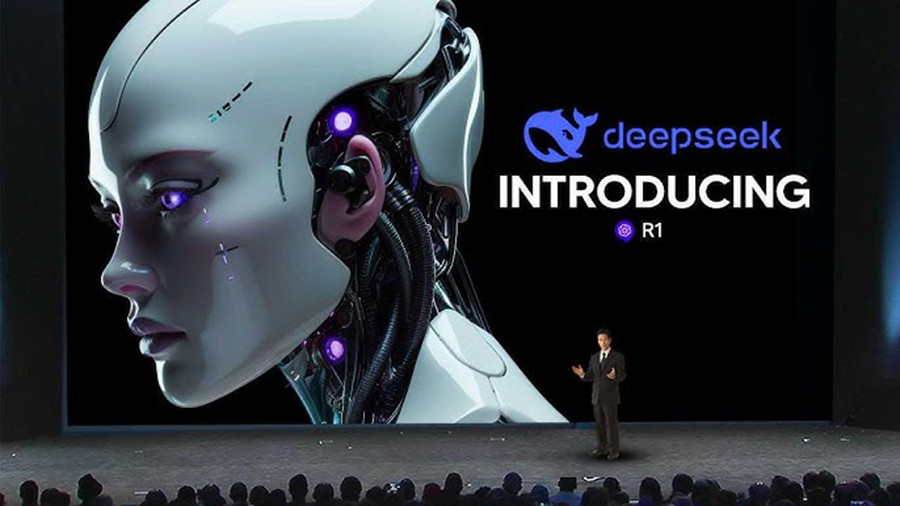
On the plus side, DeepSeek R1 is open source, low cost, and accessible to developers. It is rated to deliver high performance in document analysis and coding, outperforming ChatGPT-o1 in some tests. It is also a fast-growing AI application thanks to its competitive price (Baidu rated it “equivalent to DeepSeek R1 at half the price”). DeepSeek R1 is ideal for developers and small businesses looking to integrate AI at a low cost.
However, DeepSeek has been criticized for its lack of transparency about training data, raising concerns about AI ethics. It also has more limited language support than its rivals.
3. Claude (Anthropic)
Claude, developed by Anthropic, is an AI assistant focused on safety and helpfulness, directly competing with ChatGPT. The latest version Claude 3.7 Sonnet, released in February 2025, has improved conversational capabilities.
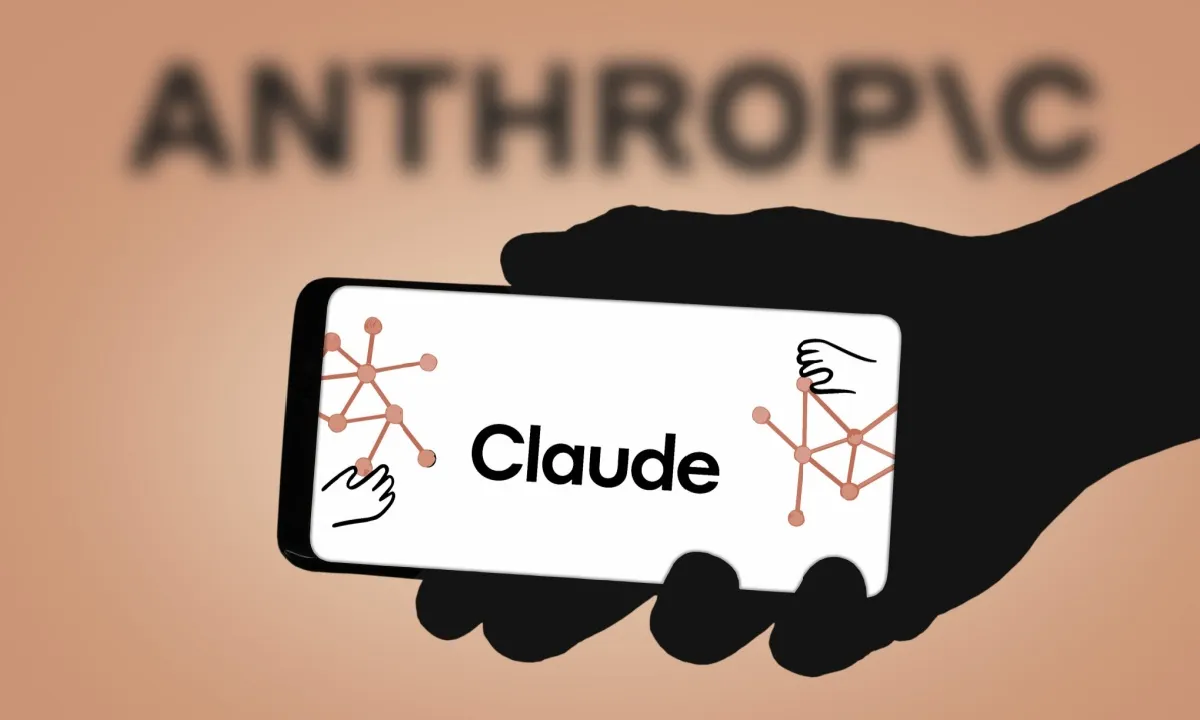
This is an AI software suitable for businesses that need safe AI (customer support, data analysis...), with the advantage of creating “useful, honest, and harmless” content, less biased than some competitors. It is also effective at complex tasks such as document analysis, coding and can integrate well with enterprise platforms.
However, Claude is less popular than ChatGPT, with a lower user base. Additionally, the app requires a paid subscription to use its full features.
4. Mid-journey
Midjourney is a leading AI image generator that uses a text-to-image model to turn text descriptions into high-quality artistic images.
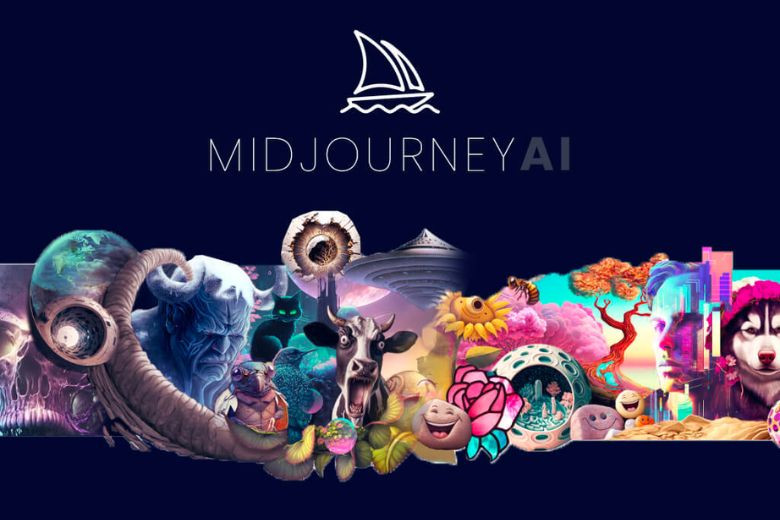
Founded by David Holz in 2022, Midjourney operates via Discord and now has a web version (as of 2025). The latest version, Midjourney v6, is highly regarded for its ability to create ultra-realistic images.
Midjourney is especially useful for designers, content creators, and businesses, especially in applications that create artistic images for comics, graphic design, and media content.
5. Whisper (OpenAI)
Whisper, also a product of OpenAI, specializes in speech recognition and speech-to-text conversion with high accuracy, in multiple languages and noisy environments.
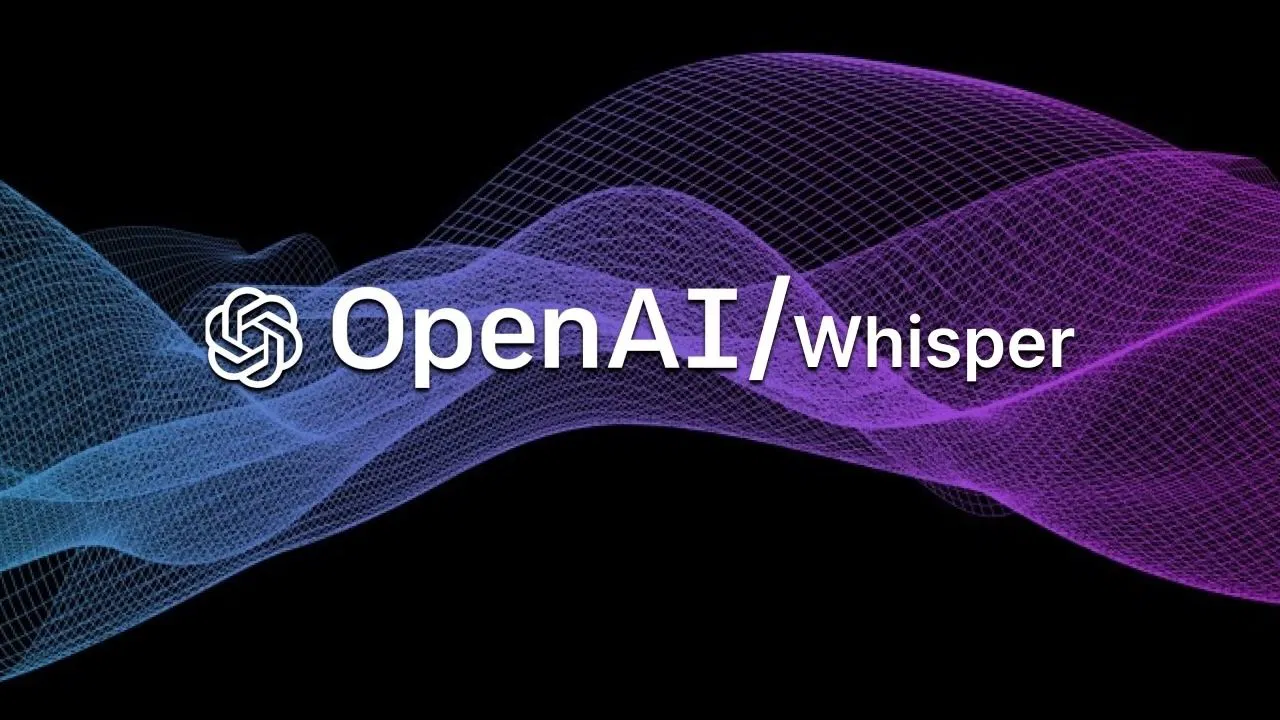
Whisper's technology supports multiple languages, including language recognition and real-time translation; helps translate conversations, create video subtitles and support the hearing impaired; integrates into virtual assistants (like Siri, Alexa) to improve command recognition... This is also a free and open-source application, easy to integrate into development projects.
However, its requirement for powerful hardware and limitations with rare languages prevent it from completely replacing other speech recognition solutions.
6. Gemini (Google DeepMind)
Gemini is Google DeepMind's multimodal AI platform that can process text, images, audio, and video. The latest version, Gemini 2.5 Pro (I/O edition), was updated in May 2025, focusing on coding support.
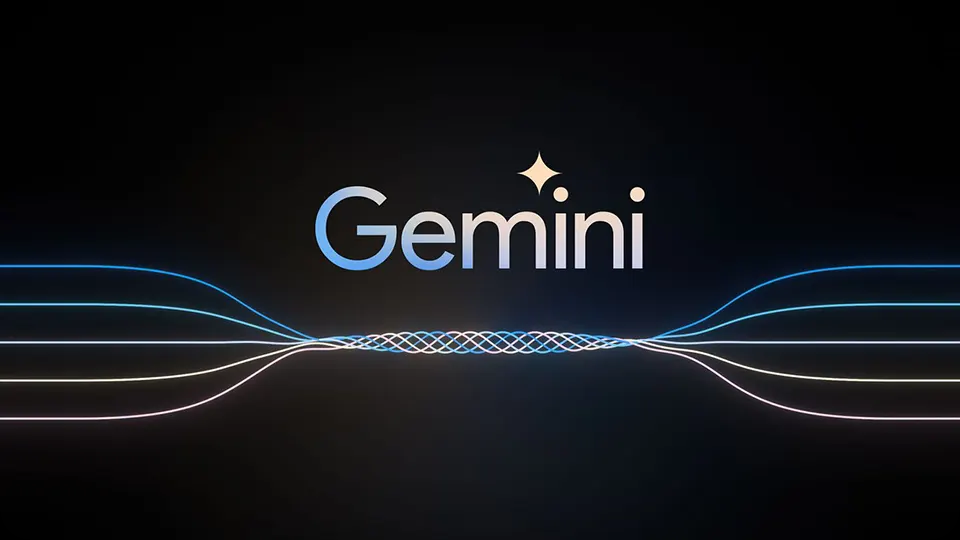
Gemini supports office work well (composing emails, summarizing documents); creating images and programming code for creative projects (web apps, games).
Gemini is convenient for Android and Workspace users because of its good integration with Google products. It is free for basic users, while Gemini Advanced costs $20/month.
Gemini is a versatile tool that is especially useful within the Google ecosystem, but its blocking of human image generation and lack of image editing features make it less competitive in the image creation space than Midjourney or DALL-E.
7. DALL-E (OpenAI)
DALL-E, also developed by OpenAI, is a tool for generating images from text, with the latest version DALL-E 3 (released 2023) integrated into ChatGPT. It is known for its ability to generate detailed and realistic images.
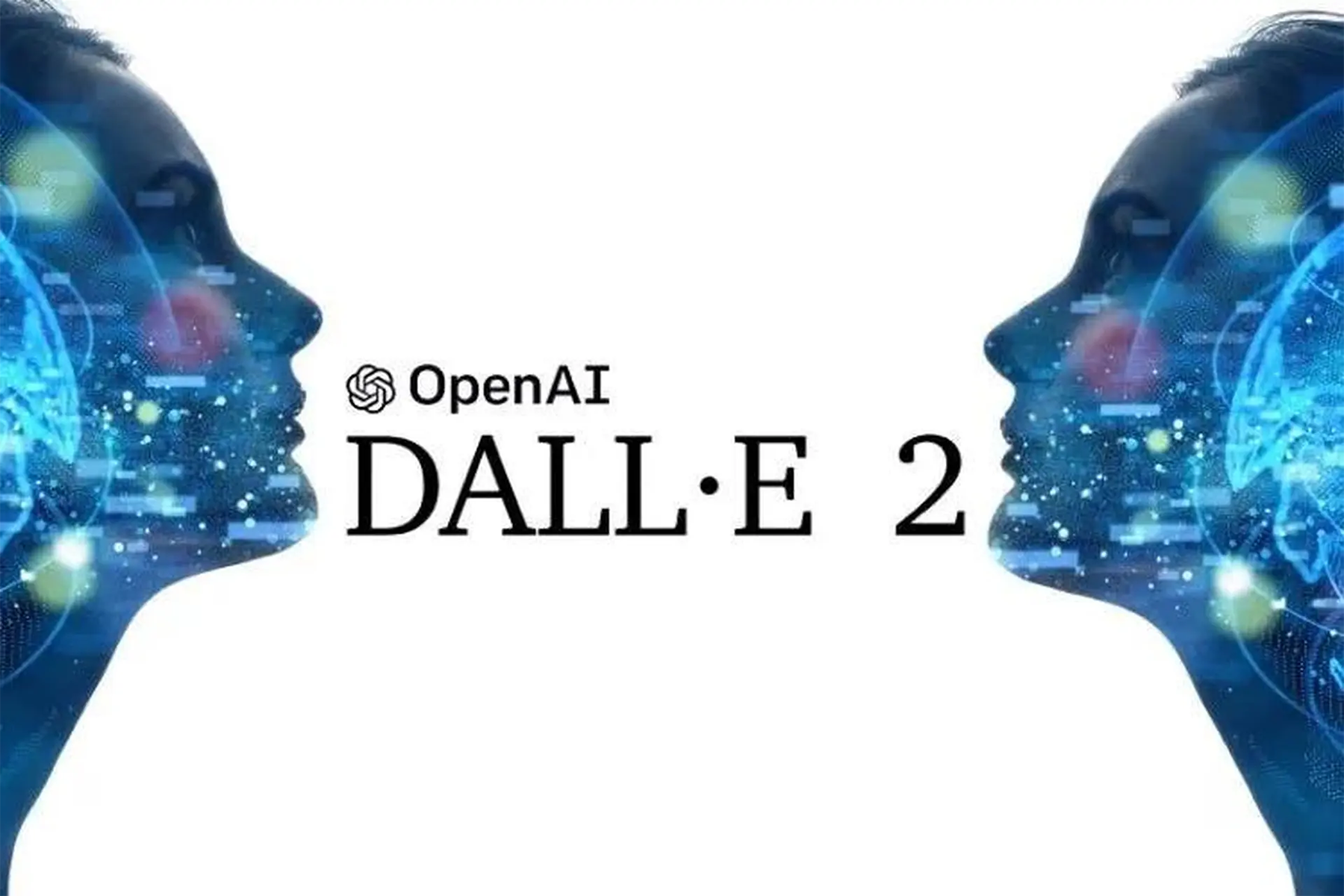
The practical application of this software is to create illustrations, logos, posters and advertising content; Support designers and content creators to quickly create intuitive, easy-to-use ideas.
However, the free version limits the number of images, the paid version ($20/month) unlocks the full features. This app is also not as strong at creating fantasy images (like maps, magical creatures) as Midjourney.
8. Rytr
Rytr is an AI-powered writing tool that generates blog posts, ad copy, and social media posts in seconds. With support for over 30 languages, Rytr is ideal for anyone looking to speed up content creation.
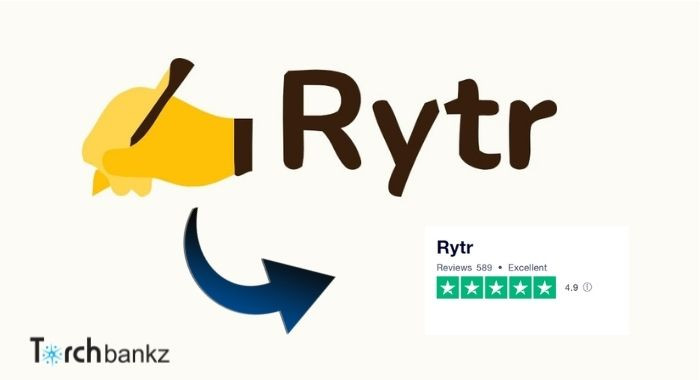
With simple steps, after choosing the topic, style, and language, you will immediately have an impressive and unique article.
Rytr applications: Writing SEO content; writing product descriptions, advertisements; supporting small businesses in content marketing...
9. Codex (OpenAI)
Codex is OpenAI's programming AI, designed to generate code from natural language descriptions. It is the foundation of GitHub Copilot and is widely used in software development.
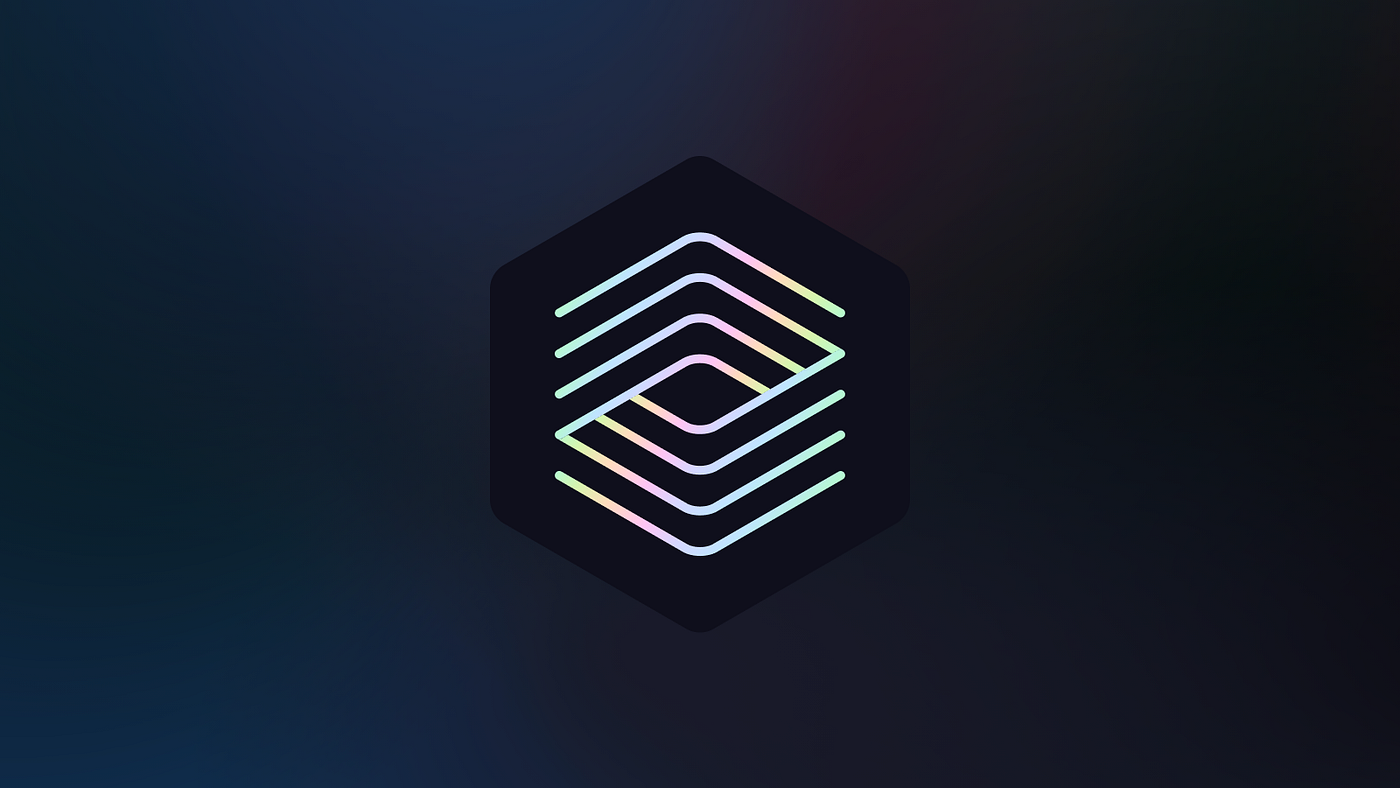
Codex helps speed up software development, reduce errors and optimize the programming process; Supports programming learning for beginners... with advantages: Speed up software development by automating repetitive code segments; supports many programming languages, suitable for both beginners and professional programmers.
However, Codex still sometimes generates incorrect or suboptimal code, requiring users to double-check. The cost of using GitHub Copilot (about $10/month) can be a barrier for individual users.
10. Lobe (Microsoft)
Lobe is a free AI software, supporting macOS and Windows, acquired by Microsoft in 2018 and developed to help users without programming experience create machine learning models easily.
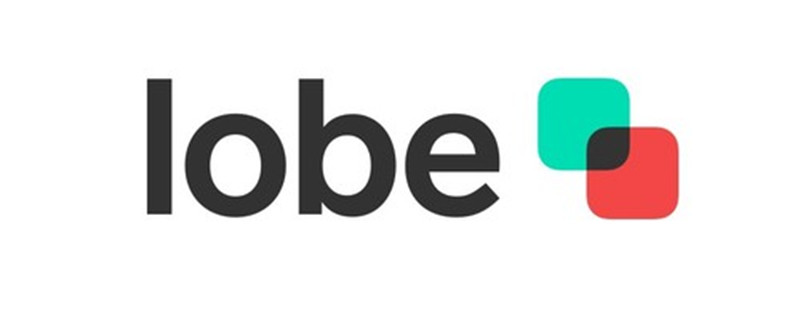
Lobe allows users to create machine learning models through an intuitive interface. Users simply drag and drop images into the application, label them, and Lobe automatically selects the appropriate machine learning architecture to train the model.
This AI software has an impressive training speed (just a few minutes for a basic model), suitable for rapid prototyping projects. This saves users time compared to building the model from scratch.
Lobe has been used in many fields, from environmental protection (The Nature Conservancy uses Lobe to identify images of whales in the Caribbean) to marketing (Sincro LLC uses Lobe to filter car images in online ads), medical support (identifying skin lesions, X-rays)...
Summary
The best AI software in 2025 offers a wide range of options for both individuals and businesses, from content creation to deep AI development. ChatGPT still leads in popularity, but competitors like DeepSeek R1 and Claude are emerging strongly due to their low cost and safety. Users should choose a tool based on their specific needs. However, issues of accuracy, cost, and AI ethics should be kept in mind when using these tools.

Source: https://vietnamnet.vn/top-10-phan-mem-tri-tue-nhan-tao-hang-dau-nam-2025-2399109.html


![[Photo] Closing of the 14th Conference of the 13th Party Central Committee](https://vphoto.vietnam.vn/thumb/1200x675/vietnam/resource/IMAGE/2025/11/06/1762404919012_a1-bnd-5975-5183-jpg.webp)




































































































Comment (0)